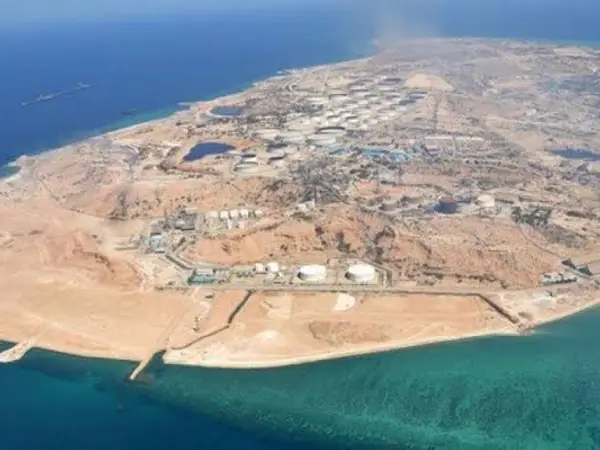The Gulf Cooperation Council has reiterated its position on Iran’s “occupation” of three islands in the Persian Gulf which it claims belong to the United Arab Emirates.
The declaration was made once again by the foreign ministers of the six member states of the GCC, who claim the Greater Tunb, Lesser Tunb, and Abu Musa have been unlawfully occupied by the regime.
The Ministerial Council , which hosted high profile attendees including the de facto ruler of Saudi Arabia, Mohammed bin Salman, stressed support for the sovereignty of the United Arab Emirates over the three islands as an indivisible part of the territory of the United Arab Emirates.
In the meeting Wednesday, they further added that any practices or actions carried out by Iran on the three islands are “null, void and have no effect on the right of the sovereignty of the United Arab Emirates over its three islands”.
The Ministerial Council also called on Iran to respond to the efforts of the United Arab Emirates to resolve the issue through direct negotiations or resorting to the International Court of Justice.
The three islands have been in dispute since the British withdrew their armed forces in 1971 and Mohammad Reza Shah sent the Iranian navy to secure all three.
Iranian forces remain on the islands, with only Abu Musa having a civilian population which is less than two thousand.
The Council welcomed the agreement reached between Saudi Arabia and Iran in Beijing at the initiative of the Chinese President Xi Jinping, which it also hopes can pave the way for talks over Iran’s nuclear enrichment, a shared concern for all GCC states.
“[We] hope this agreement would constitute a positive step for resolving differences and ending all regional conflicts through dialogue and diplomatic means and establishing relations between countries on the basis of understanding, mutual respect, and good neighborliness,” read the statement.
After seven years of soured political relations, Iran and Sadi Arabia signed a deal earlier this month brokered by China to resume times and open embassies in the respective capitals.
However, the continued activity of Iran’s proxy militia, the Houthi rebels, is proving a contentious issue as they show no signs of abating action in Yemen.
The Council reiterated its calls on the Houthis to negotiate under the supervision of the UN to reach a political solution.
The Ministerial Council further condemned Iran's continued “foreign interference in the internal affairs of Yemen, sending military experts and weapons to the Houthi terrorist militia in clear violation of Security Council Resolutions”.
Iran’s Foreign Ministry Spokesman Nasser Kanaani slammed the comments about the occupied islands and stressed Thursday that they are an integral and eternal part of the territory of the Islamic Republic of Iran.
